
Unraveling the Link Between Sleep Apnea and Anxiety
Both sleep apnea and anxiety are common health concerns that can significantly impact a person’s well-being. While they may seem unrelated at first, scientific research has shed light on the intricate relationship between these two conditions.
Sacramento sleep dentist, Dr. A. Scott Grivas III, and the dedicated team at Sac Sleep & Breathing explain the connection between apneic night-time disturbances and anxiety and provide insights into effective management strategies. Learn more about how we can help support individuals experiencing night-time apneic episodes and anxiety by offering care and guidance to enhance their overall quality of life.
What Is Anxiety?
Anxiety is a common mental health condition characterized by excessive worry, fear, and heightened physiological arousal. It involves persistent feelings of apprehension and unease, often accompanied by physical symptoms such as rapid heart rate, restlessness, and difficulty concentrating.
While anxiety and depression can share certain symptoms, they’re distinct conditions.
- Depression is primarily characterized by persistent feelings of sadness, loss of interest or pleasure, changes in appetite and sleep patterns, and a lack of energy or motivation.
- Anxiety, on the other hand, revolves around excessive worry and fear, along with physical manifestations of anxiety.
Although they can coexist and influence each other, anxiety tends to focus on future-oriented concerns and a heightened sense of threat, while depression centers more on feelings of sadness, hopelessness, and a diminished sense of enjoyment.
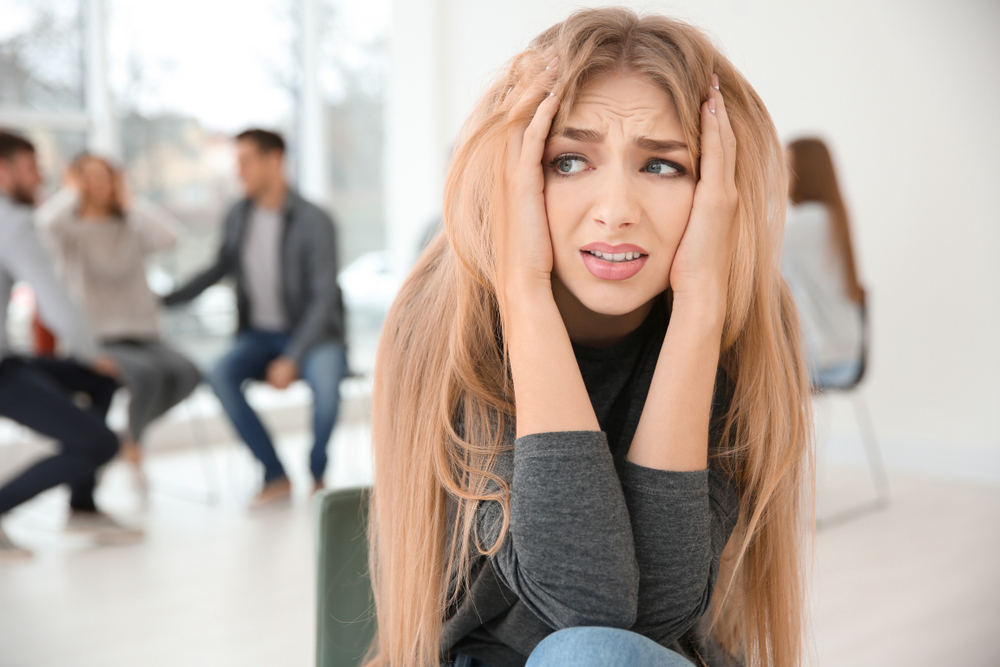
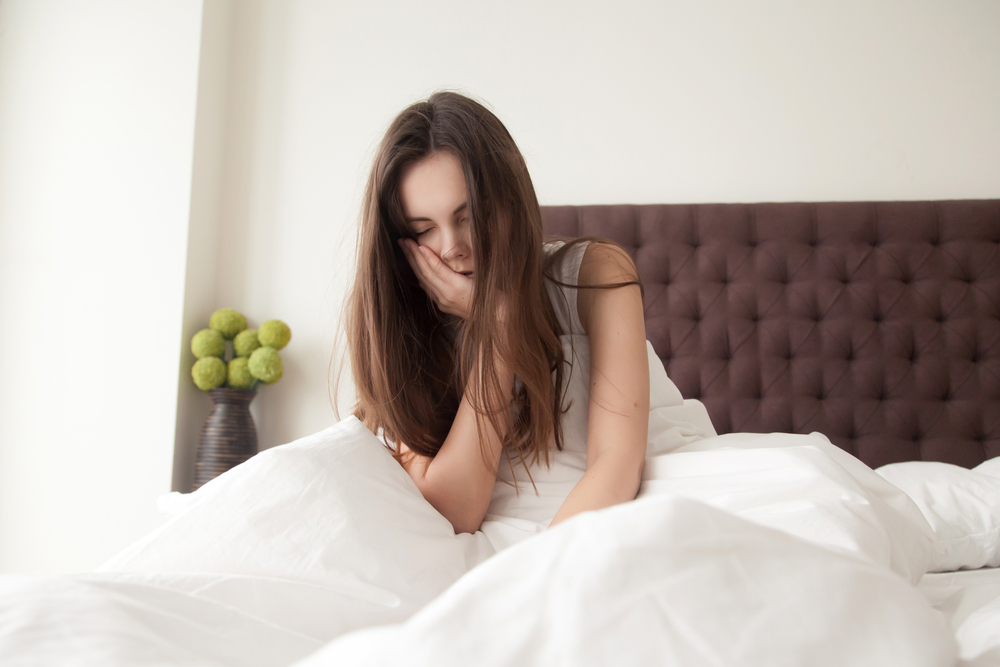
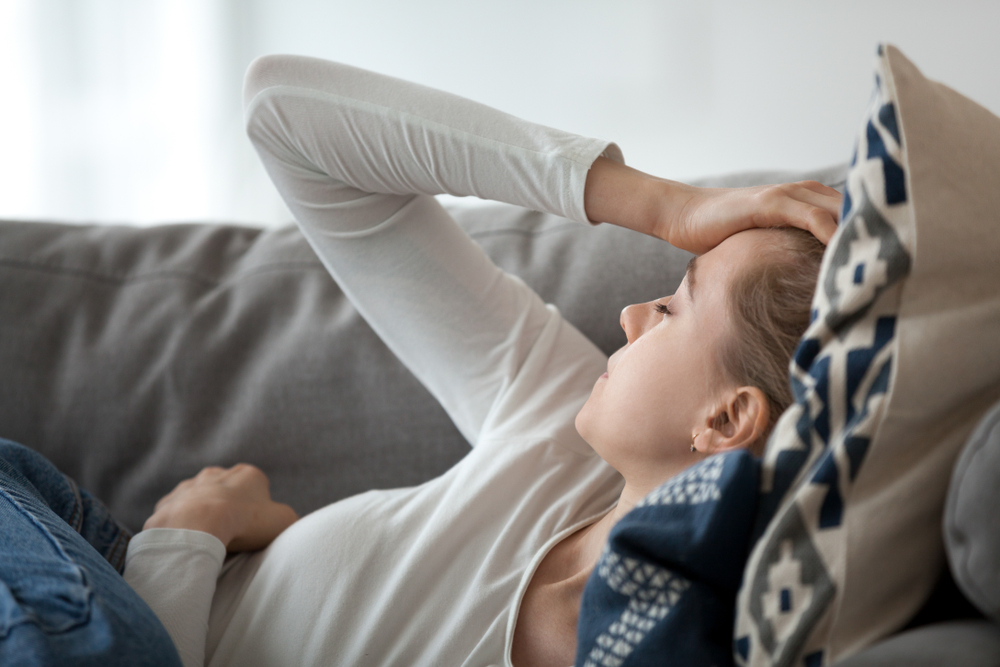
Sleep Apnea & Anxiety: The Underlying Mechanisms
Apneic night-time disturbances and anxiety can interact in complex ways, with each condition influencing and exacerbating the other. Here are some of the underlying mechanisms that contribute to this connection:
Disrupted Sleep Patterns
Sleep apnea disrupts normal sleep patterns, leading to fragmented and poor-quality sleep. The repeated pauses in breathing and subsequent arousals throughout the night can prevent individuals from achieving deep, restorative sleep. This chronic sleep deprivation can contribute to heightened anxiety levels as the brain and body fail to rejuvenate and restore themselves adequately.
Oxygen Deprivation and Hyperarousal
During sleep apnea episodes, the airway becomes partially or completely blocked, resulting in decreased oxygen levels in the body. Oxygen deprivation triggers a stress response, causing the body to enter a state of hyperarousal. This persistent state of heightened arousal can manifest as increased anxiety and feelings of unease during wakefulness.
Neurotransmitter Imbalances
Sleep apnea can disrupt the balance of neurotransmitters in the brain, including serotonin, dopamine, and norepinephrine, which are closely associated with mood regulation. Imbalances in these neurotransmitters can contribute to the development or exacerbation of anxiety symptoms.
Increased Sensitivity to Carbon Dioxide
Individuals with sleep apnea may exhibit heightened sensitivity to carbon dioxide. Changes in carbon dioxide levels can trigger feelings of anxiety and panic, further exacerbating anxiety symptoms in individuals already prone to anxiety disorders.
The Impact of Sleep Apnea and Anxiety on Daily Life
The coexistence of sleep apnea and anxiety can have a profound impact on various aspects of an individual’s life, including:
Emotional Well-being
Anxiety symptoms such as excessive worry, restlessness, and irritability can significantly affect an individual’s emotional well-being. The presence of sleep apnea, along with fatigue and mood disturbances, can take a toll on one’s emotional state.
Cognitive Function
Both sleep apnea and anxiety can impair cognitive function, leading to difficulties with concentration, memory, and decision-making. The combination of these conditions can further challenge an individual’s ability to perform daily tasks and maintain optimal cognitive performance.
Physical Health
Sleep apnea and anxiety can contribute to physical health problems. Sleep apnea is associated with an increased risk of cardiovascular issues, while anxiety can lead to chronic muscle tension, headaches, and digestive disturbances. Managing both conditions is essential for overall physical well-being.

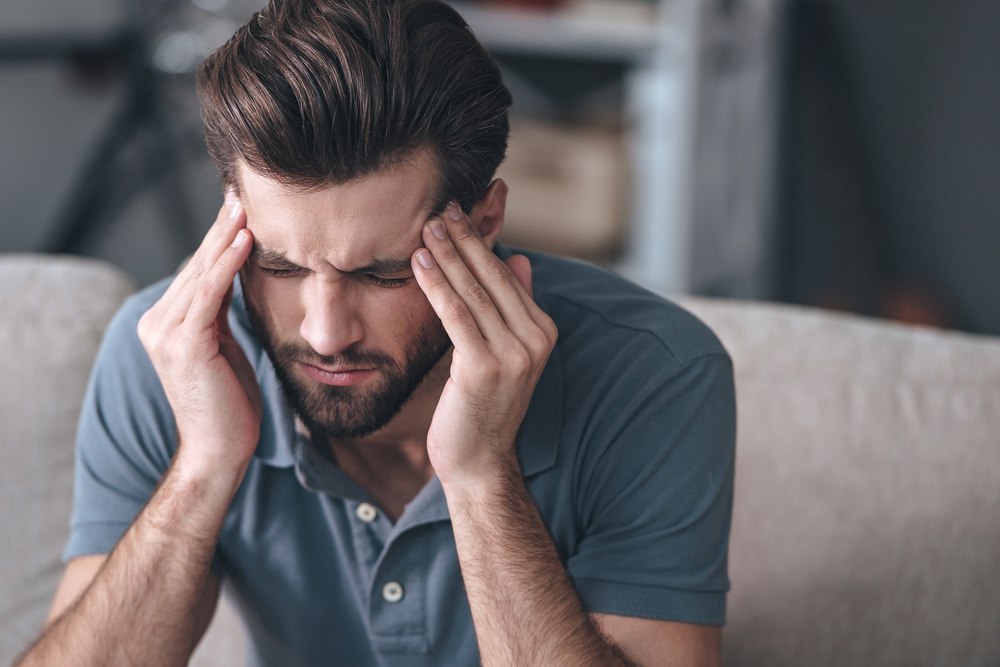
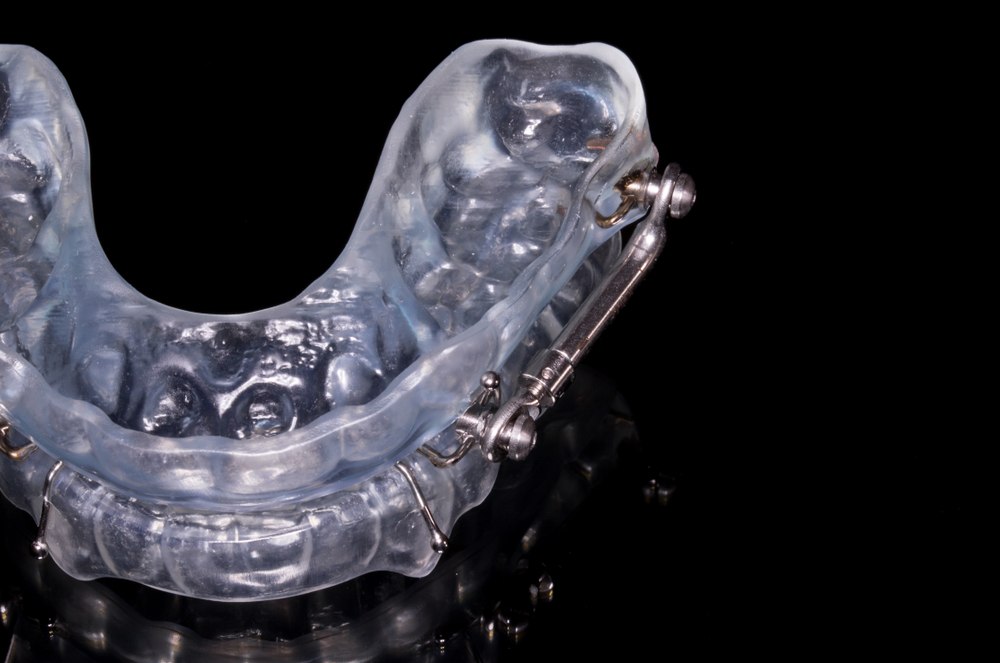
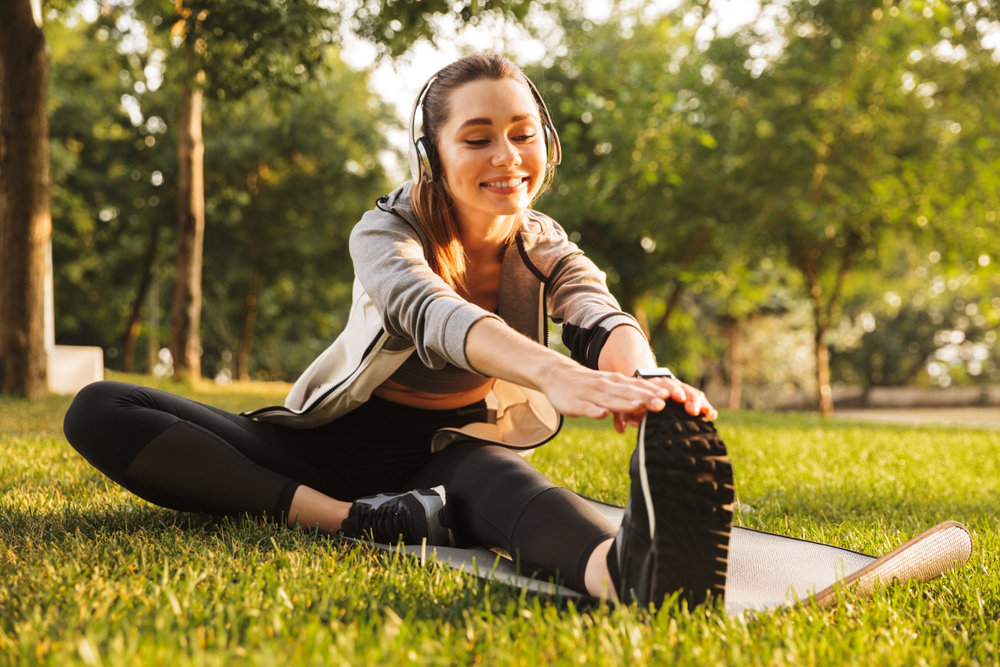

Managing Sleep Apnea and Anxiety: Effective Strategies
Fortunately, there are strategies to manage both sleep apnea and anxiety effectively. Here are some recommended approaches:
Comprehensive Sleep Apnea Treatment
Seeking appropriate treatment for sleep apnea is crucial to managing existing anxiety. At Sac Sleep & Breathing, Dr. Grivas offers CPAP alternatives, including the innovative Vivos process.
This advanced treatment corrects craniofacial abnormalities using customized oral appliances and specialized techniques. The Vivos process can effectively open the airway by repositioning the jaw and tongue to improve breathing during sleep. Addressing the root cause of sleep apnea, this treatment approach can alleviate symptoms and provide potential relief from associated anxiety.
Relaxation Techniques
Incorporating relaxation techniques into daily routines can help reduce anxiety levels and promote better sleep. Techniques such as deep breathing exercises, progressive muscle relaxation, meditation, and mindfulness can calm the mind and body, enhancing sleep quality and reducing anxiety symptoms.
Lifestyle Modifications
Adopting a healthy lifestyle can positively impact both sleep apnea and anxiety. Here are some lifestyle modifications that can contribute to better sleep and overall well-being:
- Regular exercise
- A balanced diet
- Maintaining a consistent sleep schedule
- Avoiding stimulants (e.g., caffeine, alcohol, nicotine) before bedtime
- Creating a conducive sleep environment
Frequently Asked Questions
Can certain medications used to treat anxiety worsen sleep apnea symptoms?
Some medications used to treat anxiety, such as benzodiazepines, may relax the muscles and potentially worsen sleep apnea symptoms. We recommend discussing your medication regimen with your healthcare provider to ensure that it’s suitable for managing both conditions.
Are there any alternative therapies or complementary approaches that can help with sleep apnea and anxiety?
Some alternative therapies like acupuncture, yoga, and aromatherapy may provide relaxation and help reduce stress. These approaches can be used alongside traditional treatments for sleep apnea and anxiety, offering additional benefits. However, it’s essential to consult with a healthcare professional before incorporating these approaches into your treatment plan.
Can cognitive-behavioral therapy (CBT) help manage both sleep apnea and anxiety?
Cognitive-behavioral therapy (CBT) can be beneficial in managing anxiety and sleep apnea. It focuses on identifying and modifying negative thoughts and behaviors, which can help improve sleep quality and reduce anxiety symptoms.
Can sleep apnea treatment alone alleviate anxiety symptoms?
While sleep apnea treatment can improve sleep quality and reduce physical symptoms, it may not solely alleviate anxiety symptoms. It’s important to address anxiety through appropriate therapies, such as counseling or medication, alongside sleep apnea treatment.
Call us For Comprehensive Care for Sleep Apnea and Anxiety
Recognizing the connection between sleep apnea and anxiety is crucial for individuals experiencing symptoms of both conditions. By understanding the underlying mechanisms, addressing the impact on daily life, and implementing effective management strategies, individuals can achieve better sleep, reduced anxiety, and improved overall well-being.
Take the first step towards a healthier, more balanced life by prioritizing your sleep and mental health. Contact our Sacramento office by dialing (916) 735-4060 or fill out our helpful contact form below to schedule your consultation with Dr. Grivas and get your symptoms under control. We also treat patients in Sierra Oaks, Woodside Condo, and Campus Commons, CA.
